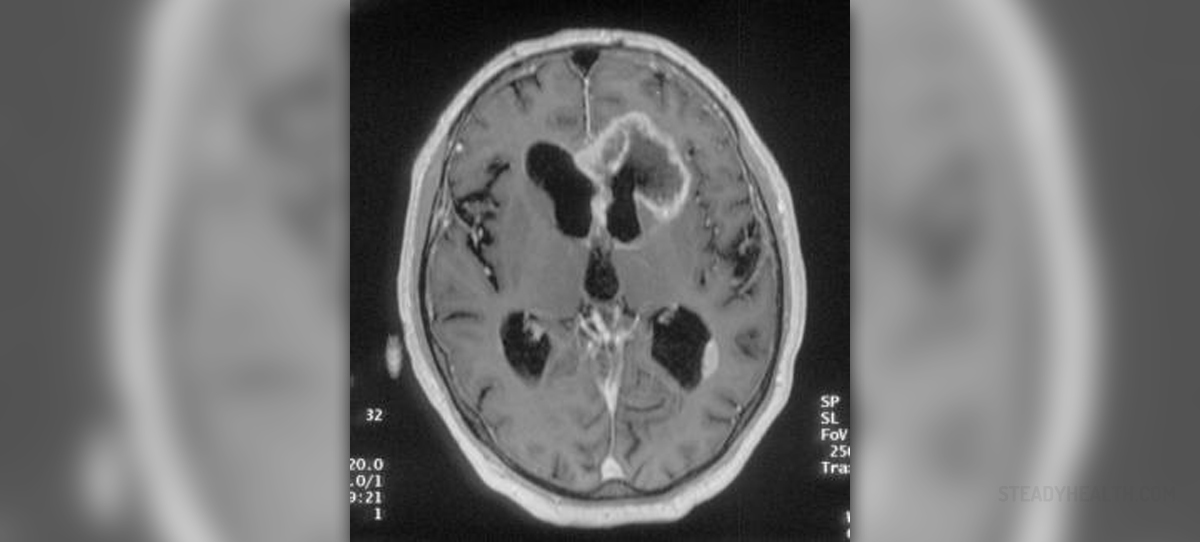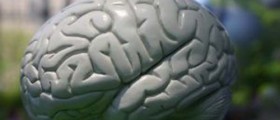Frontal Lobe Dementia Facts
Frontal lobe dementia is a condition that has similar symptoms to Alzheimer’s disease. Therefore, it is often mistaken for Alzheimer’s disease. When frontal lobe dementia occurs, it affects the frontal lobes in the beginning. The frontal lobes being damaged by this condition lead to certain problems, such as alterations in behavior, loss of judgment and change in the manner in which the patient expresses his/her emotions.
Even 10% of all dementias are frontal lobe dementia and Pick’s disease. These two conditions should not be misdiagnosed with Alzheimer's disease. Pick’s disease is a kind of frontal lobe dementia caused by the Pick’s bodies, which are abnormal particles in the brain. When Pick’s disease is in question, only frontal lobes of the brain are affected in 25% of the cases, the temporal lobes of the brain are affected in 25% of cases, while in the rest 50%of the cases, both frontal and temporal lobes of the brain are affected.
When one suffers from frontal lobe dementia, which is also called frontotemporal dementia, he/she may have many problems in almost every area of mental functioning. Therefore, the people who suffer from frontotemporal dementia usually have abrupt alteration in personality, changes in behavior and they are not capable to perform the activities efficiently.
The frontal lobe is a part of the brain in the human beings, which enables us to make differentiate between things. Frontotemporal dementia is also very often mistaken for vascular dementia, which is a cerebro-vascular disease marked by progressive decline in memory and cognitive functioning. In order to treat it effectively, it is very important to accurately diagnose the condition. Frontal lobe dementia usually begins between 40 and 65 years of age. It is estimated that 50% of cases with this type of dementia were inherited.
- FTD prevalence was estimated between 0.01–4.61 per 1000 person and the incidence between 0.01–2.5 per 1000 person/year. In recent dementia cohorts, FTD cases have been found to account for 1.6 to 7% of dementia cases. However, those figures need to be considered with caution.
- First, FTD is still underdiagnosed: neuropathological studies performed in communities where brain donation reaches a high level of acceptance show that as much as 5–9% of the elderly population with or without cognitive impairment at death has FTD pathology. It has been previously estimated that about 40% of FTD are misdiagnosed and time to diagnosis is longer than for other dementias.
- Second, with some exceptions, most past estimations have been done using the previous Lund and Manchester or Neary criteria. Yet, the revised clinical criteria and the addition of new syndromes to the FTD spectrum outdate previous publications.
- Third, advances in neuropsychology, neuroimaging, and cerebrospinal fluid (CSF) biomarkers and genetics have improved FTD diagnosis in challenging situations such as psychiatric, amnestic, or late-onset presentations of the disease.
- Among the patients that were referred to our network in the 6-year time span, 690 were ultimately diagnosed with FTD and 18,831 with AD. Patients with FTD syndromes represented 2.6% of all-cause dementias. The age-standardized incidence was 2.90 per 100,000 person-year and incidence peaked between 75 and 79?years.
- Compared to AD, patients with FTD syndromes had a longer referral delay and delay to diagnosis. Patients with FTD syndromes had a higher MMSE score than AD at first referral while their progression was similar. mFTD patients had the shortest survival while survival in bvFTD, lvFTD, and AD did not significantly differ. FTD patients, especially those with the behavioral variant, received more antidepressants, anxiolytics, and antipsychotics than AD patients.
Causes of Frontal Lobe Dementia
Frontal lobe dementia may be caused by various reasons. One of the causes responsible for the occurrence of this type of dementia is diabetes, especially if the onset of diabetes occurs in middle age. Smoking is also considered to be a potential cause for frontal lobe dementia, as well as for lung cancer and throat cancer. High cholesterol may lead to the blockages of arteries in the body, and thus to heart disease and frontal lobe dementia. This condition may be also induced by hypertension or high blood pressure. In some cases, hypertension leads to the mental disturbance, causing frontal lobe dementia.


















Your thoughts on this
Loading...